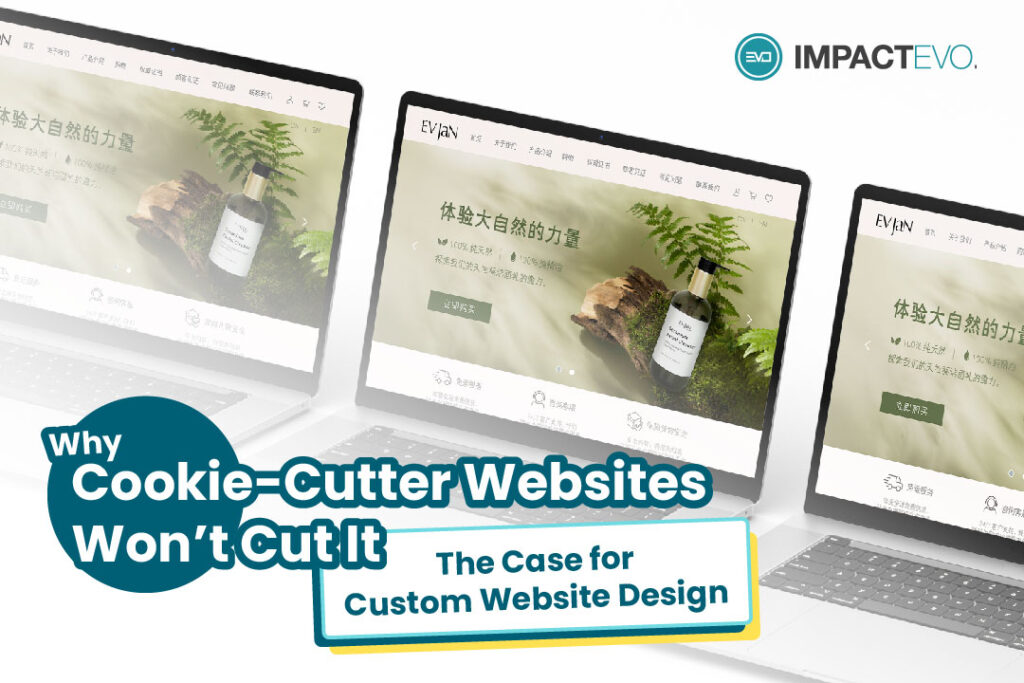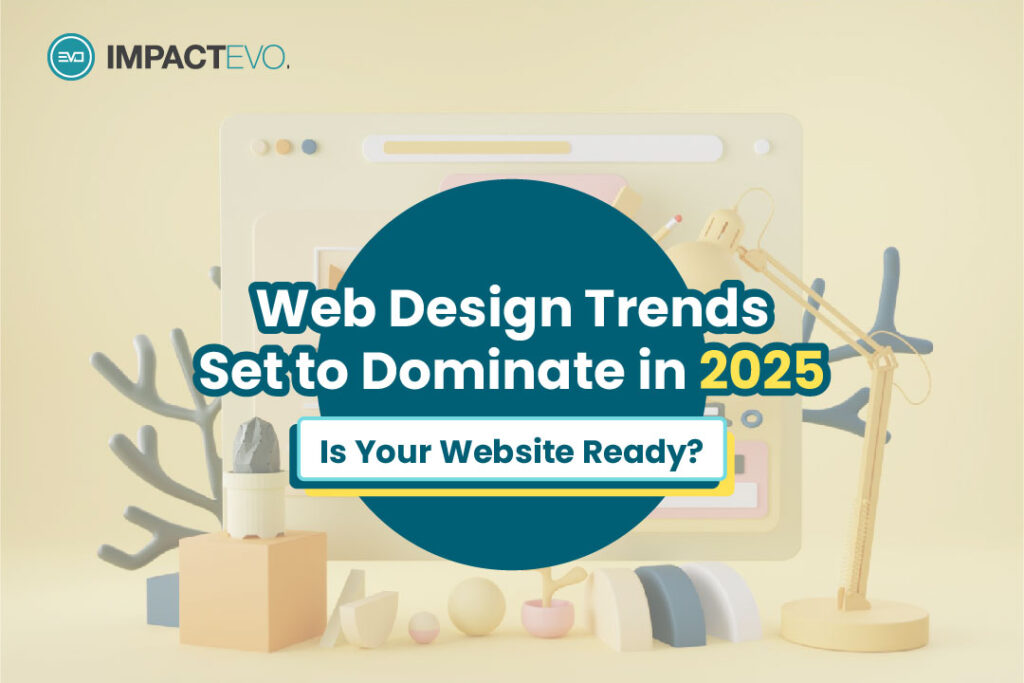In today’s digital-first world, your website is often the first impression your business makes. While pre-made templates may seem like a quick and cost-effective solution, they often fall short of delivering the unique experience your brand needs to stand out. A custom website design is more than a luxury—it’s a necessity for businesses looking to build credibility, engage users, and drive growth. Here’s why your business needs a custom website design
1. Reflect Your Brand Identity
Why It Matters:
Your website is an extension of your brand, and it should communicate your values, personality, and story.
How Custom Design Helps:
- Allows for unique layouts, colors, and typography that match your brand.
- Helps differentiate your business from competitors using generic templates.
- Creates a lasting impression with cohesive visuals and messaging.
💡 Pro Tip: Work with a designer to incorporate your brand’s mission and aesthetics into every page.
2. Enhanced User Experience (UX)
Why It Matters:
A user-friendly website keeps visitors engaged and encourages them to take action.
How Custom Design Improves UX:
- Tailors navigation to your audience’s preferences, making it intuitive and seamless.
- Optimizes site speed and performance for a smooth browsing experience.
- Ensures accessibility for all users, including those with disabilities.
💡 Pro Tip: Use heatmaps and analytics to understand how users interact with your site and refine the design accordingly.
3. Better SEO Performance
Why It Matters:
Search engines favor websites that are well-structured, fast, and mobile-friendly.
How Custom Design Boosts SEO:
- Enables cleaner, more efficient code that’s easier for search engines to crawl.
- Allows for proper implementation of SEO best practices, like optimized meta tags and internal linking.
- Reduces bounce rates with faster loading times and engaging design.
💡 Pro Tip: Partner with a web designer who understands SEO to ensure your site is optimized from the ground up.
4. Scalability for Future Growth
Why It Matters:
As your business grows, your website needs to evolve to accommodate new products, services, and features.
How Custom Design Supports Growth:
- Easily integrates new functionalities, like e-commerce, booking systems, or membership portals.
- Provides flexibility to adjust layouts and features as your needs change.
- Future-proofs your website by avoiding the limitations of template-based designs.
💡 Pro Tip: Build your site on a scalable platform to simplify future updates and expansions.
5. Competitive Advantage
Why It Matters:
A custom website helps your business stand out in a crowded marketplace.
How It Sets You Apart:
- Showcases unique features or experiences that generic templates can’t offer.
- Builds trust with a professional and polished appearance.
- Positions your brand as innovative and customer-focused.
💡 Pro Tip: Highlight what makes your business unique through engaging visuals, interactive elements, and compelling storytelling.
6. Mobile Optimization Done Right
Why It Matters:
With mobile devices accounting for the majority of web traffic, a mobile-optimized site is essential.
How Custom Design Excels on Mobile:
- Ensures responsive layouts that adapt perfectly to any screen size.
- Prioritizes fast loading times and simplified navigation for mobile users.
- Tailors content and features specifically for on-the-go browsing.
💡 Pro Tip: Test your custom website on multiple devices and browsers to ensure flawless performance.
7. Improved Conversion Rates
Why It Matters:
Your website should guide visitors toward taking specific actions, like making a purchase or signing up for a service.
How Custom Design Drives Conversions:
- Places CTAs strategically to maximize visibility and impact.
- Creates a seamless flow from landing pages to checkout or contact forms.
- Builds trust with professional design and user-friendly functionality.
💡 Pro Tip: Use A/B testing to fine-tune your design for optimal conversion rates.
8. Security and Reliability
Why It Matters:
Generic templates may come with vulnerabilities that put your website at risk.
How Custom Design Protects Your Business:
- Incorporates advanced security measures to safeguard user data.
- Reduces dependency on third-party plugins, which can introduce risks.
- Ensures consistent performance with tailored hosting and support.
💡 Pro Tip: Work with a developer who prioritizes security in every aspect of your site’s design.
9. Cost-Effective in the Long Run
Why It Matters:
While templates may have lower upfront costs, they often require costly workarounds and updates over time.
How Custom Design Saves Money:
- Avoids limitations that require costly redesigns.
- Reduces downtime with a reliable and scalable infrastructure.
- Maximizes ROI by driving more traffic, engagement, and conversions.
💡 Pro Tip: View custom design as an investment that pays off in better performance and fewer long-term headaches.
Conclusion
A custom website design isn’t just about aesthetics—it’s about creating a powerful tool that aligns with your business goals, enhances user experience, and drives growth. In 2025, businesses that invest in tailored web designs will have a competitive edge in attracting and retaining customers.
Ready to elevate your online presence? Contact Impact Evo today to create a custom website design that sets your business apart!



